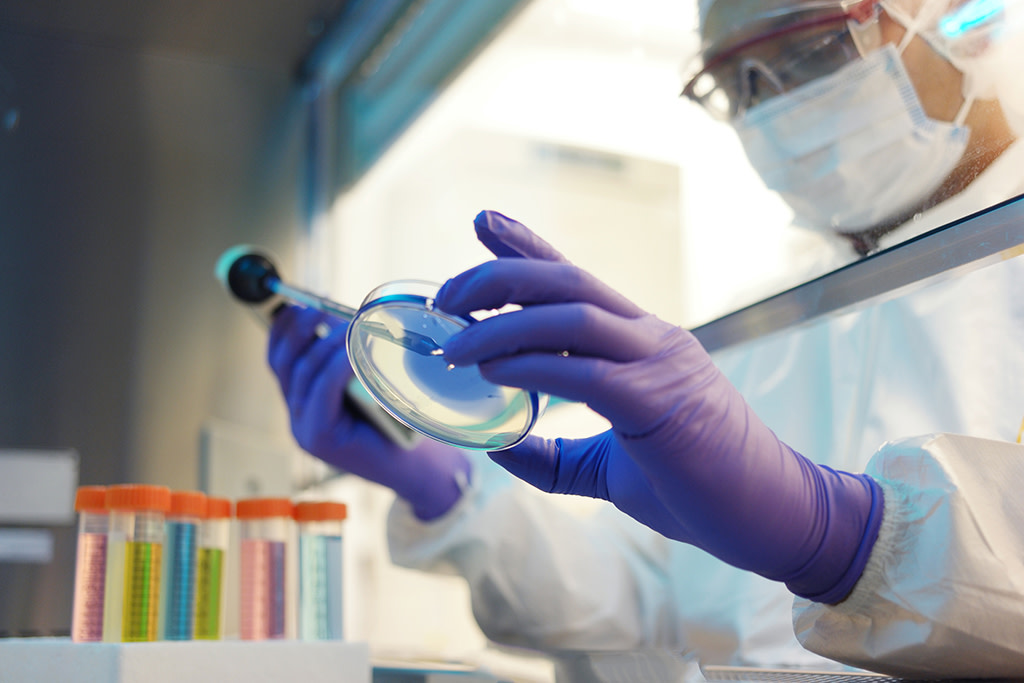- May 8, 2024
Exploring the Future of Healthcare: The Role of Biological Medical Assessments
Image Source: Google
In recent years, advances in technology and medicine have revolutionized the way healthcare is delivered. One area that is rapidly evolving is biological medical assessments, which involve analyzing an individual's biological markers to assess their health status. These assessments have the potential to transform the future of healthcare by enabling earlier detection of diseases, personalized treatment plans, and improved health outcomes. In this article, we will explore the role of biological medical assessments in shaping the future of healthcare. If you are looking for the best biological medical assessment then, you can contact BioMed Center.
The Importance of Biological Medical Assessments
Biological medical assessments play a crucial role in modern healthcare for several reasons:
Early Detection of Diseases
- Biological markers can provide early indications of potential health issues, allowing for timely intervention and treatment.
- Early detection of diseases such as cancer can significantly improve patient outcomes and survival rates.
Personalized Treatment Plans
- By analyzing an individual's biological markers, healthcare providers can tailor treatment plans to the specific needs of each patient.
- Personalized medicine can lead to more effective treatments with fewer side effects.
Technologies Driving Biological Medical Assessments
Advancements in technology have played a significant role in advancing biological medical assessments. Some of the key technologies driving this field forward include:
Genomic Sequencing
- Genomic sequencing allows for the analysis of an individual's complete genetic makeup, providing insights into their risk of developing certain diseases.
- It can help identify genetic mutations that may impact an individual's response to certain medications.
Biomarker Analysis
- Biomarkers are measurable indicators of biological processes or disease states in the body.
- By analyzing biomarkers, healthcare providers can assess a patient's health status and response to treatment.
Applications of Biological Medical Assessments
The use of biological medical assessments has a wide range of applications in healthcare, including:
Cancer Screening
- Biological markers can be used for early detection of cancer and monitoring of treatment response.
- Screening tests such as liquid biopsies can detect cancer at an early stage when treatment is most effective.
Cardiovascular Risk Assessment
- Biological markers can help assess an individual's risk of developing cardiovascular diseases such as heart attacks and strokes.
- By monitoring biomarkers such as cholesterol levels and blood pressure, healthcare providers can tailor interventions to reduce the risk of heart disease.
Challenges and Opportunities
Despite the potential benefits of biological medical assessments, there are also challenges that need to be addressed:
Data Privacy and Security
- Biological data is highly sensitive and must be securely stored and protected to prevent unauthorized access.
- Regulations such as HIPAA govern the collection and sharing of personal health information to ensure patient privacy.
Clinical Implementation
- Integrating biological medical assessments into clinical practice requires training healthcare providers and investing in infrastructure.
- Healthcare systems need to be equipped to handle the large volumes of data generated by these assessments.
The Future of Healthcare
Biological medical assessments have the potential to revolutionize healthcare by enabling personalized medicine, early detection of diseases, and improved health outcomes. As technology continues to advance, we can expect to see more widespread adoption of these assessments in clinical practice.

Submit A Comment
You must be logged in to post a comment.